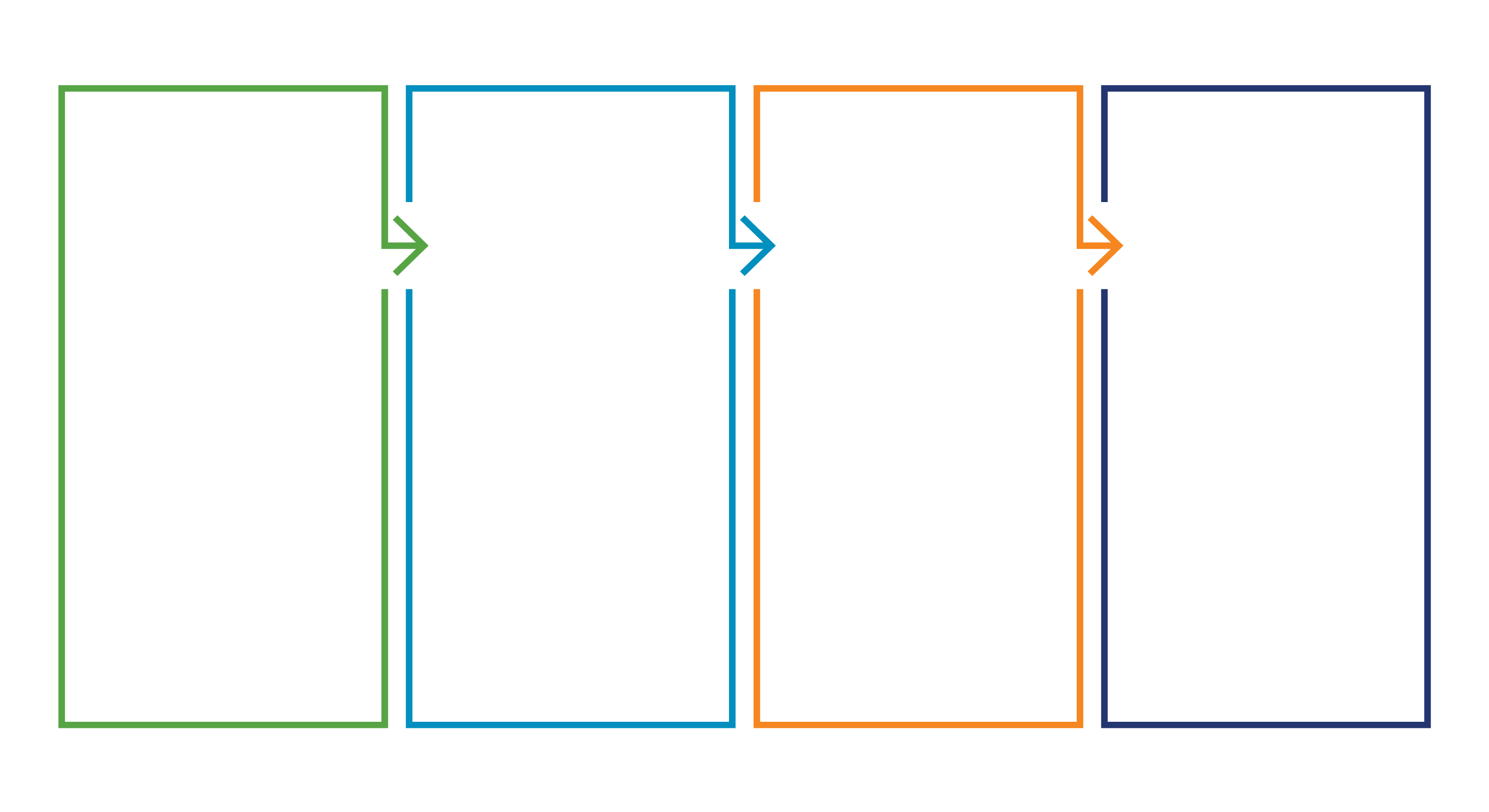Build Capacity, Enhance Skills, Transform Instruction
Professional Learning
All of the professional learning courses provided by The Learning Bar are grounded in key evidence from academic research, linked to proven and practical classroom strategies, and connected to leading-edge educational policy, assessment, and governance strategies.
Equip teachers with the skills they need to impact all students reading proficiency and empower them in supporting all students to thrive.

Syllabus
Outcome: Educators leave the course with:
- A clearly defined scope and sequence for teaching reading.
- Instructional strategies on phonics, morphology, and reading comprehension.
- Aligned engaging activities, games, and worksheets.
| Module 1. | Why Systematic Reading Instruction | Introduces a unique systematic approach to reading instruction. |
| Module 2. | The Science of Reading | Outlines key concepts of the science underlying systematic phonics and reading instruction. |
| Module 3. | The Science of Teaching | Reviews the principles of the science of teaching and provides practical strategies that can increase the rate at which children learn to read. |
| Module 4. | Phase 1: Becoming a Reader | Introduces the scope for teaching the foundational skills of becoming a reader. |
| Module 5. | Strategies and Activities for Phase 1 Instruction | Provides simple, effective strategies and activities that ensure students master foundational reading skills. |
| Module 6. | Phase 2: Becoming a Skilled Reader | Defines morphology and explores decoding words with more complex sound-letter relationships to increase students repertoire of words. |
| Module 7. | Strategies and Activities for Phase 2 Instruction | Outlines effective strategies to integrate morphology into instruction to quickly build vocabulary and spelling. |
| Module 8. | Phase 3: Becoming an Expert Reader | Describes the most effective scope and sequence of teaching reading comprehension. |
| Module 9. | Strategies and Activities for Phase 3 Instruction | Outlines ten strategies for improving reading comprehension, includes subject-based vocabulary and links them to activities related to literature, fine arts, mathematics, science, and land-based knowledge. |
| Module 10. | Summary and Next Steps | Provides a short overview of key learnings and recommendations on the next steps. |
Outcome: Educators will gain a deeper understanding and a broader range of classroom teaching skills. They will know how to better engage students in learning and achieve learning goals, even for the most challenging students.
| Module 1. | Introduction | Learn how to use the science and art of teaching to improve your teaching skills. Reflect on your own skills using the Teacher Self-Reflection Questionnaire. |
| Module 2. | Quality Instruction | Learn how to create and execute an effective learning plan that incorporates knowledge of your students, high-yield teaching strategies, and formative assessment. |
| Module 3. | Student Engagement | Learn the six ways that children learn based on the recent research from the U.S. National Science Foundation and how to apply this knowledge to increase student engagement. |
| Module 4. | Culture, Context, and Climate | Deepen your knowledge about how culture affects learning. Understand how you can create an inclusive classroom. |
| Module 5. | Learning Time | Understand and apply key strategies for maintaining order in the classroom and managing disruptive behaviour. Know how to increase academic engagement time inside and outside the classroom. |
| Module 6. | Professional Engagement | Strengthen your role in your school’s Professional Learning Committee and participate in a wider network of teacher. Celebrate your successes as you plan the next stage of your professional development. |
Outcome: Educators will learn how to analyze student, classroom, and school data to inform classroom practice.
| Module 1. | Educational Prosperity | Understand a life course approach to data monitoring and identify the key Foundations for Success and Prosperity Outcomes. |
| Module 2. | Data usage | Learn about the various types of data and the process for collecting informative data. |
| Module 3. | A framework for data usage | Learn the benefits of a data usage framework and key steps in the framework. |
| Module 4. | Student-level data | Learn how to use data to support individual learning goals and communicate progress effectively to parents and caregivers. |
| Module 5. | Classroom-level data | Learn how to use data to inform instruction and monitor student progress. |
| Module 6. | School-level data | Understand key elements to establish a data culture, apply these principles to foster collaborative inquiry, and develop an effective strategic plan. |
*Course content is subject to change


